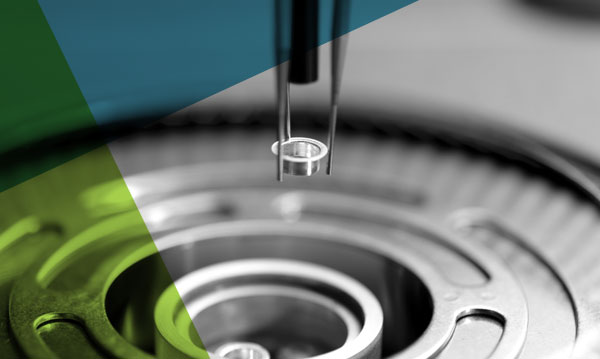- Surface Structuring of SiSiC by Jet-Electrochemical MachiningOctober 21st, 2020
- Mathematical approach to the validation of form removal softwareOctober 21st, 2020
- Mathematical approach to the validation of form removal softwareOctober 21st, 2020
Contact Info
euspen
Building 90
Cranfield University Campus
Cranfield, Bedfordshire
MK43 0AL, United Kingdom
Tel: +44 (0) 1234 754023
Fax: +44 (0) 1234 754080







